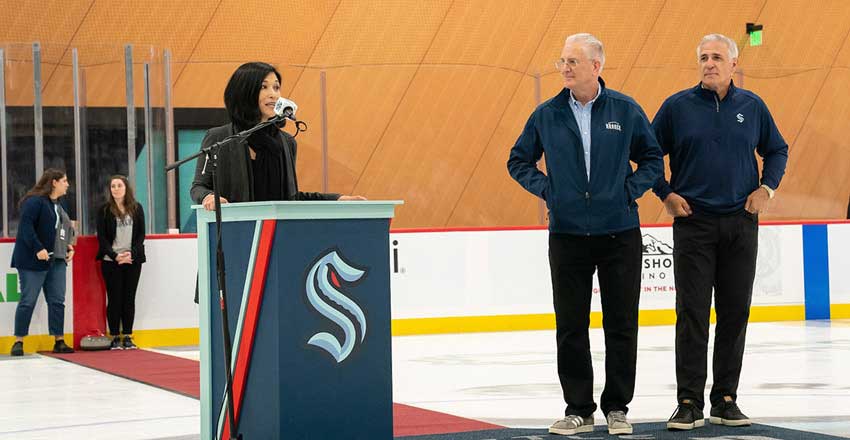
The Ultimate Hub For Sport Management
Sport Management Canada & USA Get Marketing & PR Services
We are the best sport marketing and public relations agency in North America, serving professional athletes, Olympians, teams, and sport and event companies. With a strong focus on sport-specific clients, we provide full-service solutions, crafting custom designs and processes to boost sales and ROI. From the initial planning stages to execution, our dedication lies in delivering optimal experiences for your fans, clients, and leads to connect with your brand. With genuine working relationships and a meticulous mentality, we excel in offering outsourced marketing services, marketing audits, consultation, and social media marketing. Stay true to sport with our specialized and comprehensive marketing and public relations solutions.

Sport Management Canada & USA Get Tons of Resources
Sport Management Canada & USA Our Resources
We have a wide range of content, including videos, written articles, and audio conversations with professionals in both business management and player roles within the sports industry. On the player side, our conversations are organized by sport and role. For business management, we have over 450 discussions sorted by trends, sport industry areas, and academic interests. Additionally, we have a page dedicated to answering Quora-style questions, providing unique insights and quality answers on sport-related topics. Another page offers in-depth articles, providing detailed insights into various roles and jobs in the sports industry. Finally, explore our curated content, featuring relevant featuring books, movies, TV series, and podcasts to further enhance your understanding of the exciting sports industry.
View all our resources
Featured Posts Learn more about our resources
Sport Management Canada & USA Find Tons of Sport Jobs
Our Dedicated Sport Industry Job Board is Ready!
For Employers: Our job board connects you to a vast pool of skilled and passionate candidates in the sport industry, making hiring faster and easier. Benefit from an application dashboard and a user-friendly job posting process to find the perfect fit for your organization.
For Job Seekers: Easily browse, search, and apply to hundreds of sport industry listings in Canada. Our seamless, user-first interface simplifies the job search process, helping you land your dream job in sports. Whether you're a seasoned professional or a fresh graduate, our job board is here to support your career goals in the dynamic world of sports.















